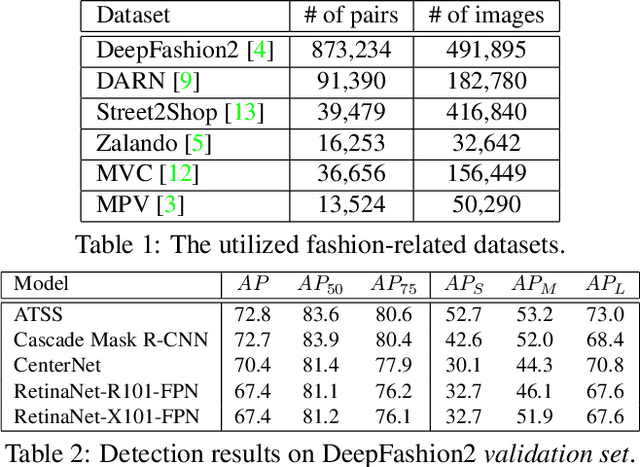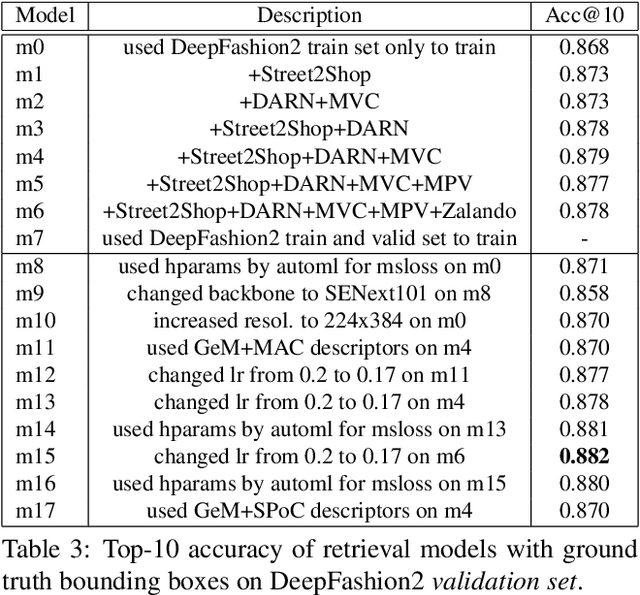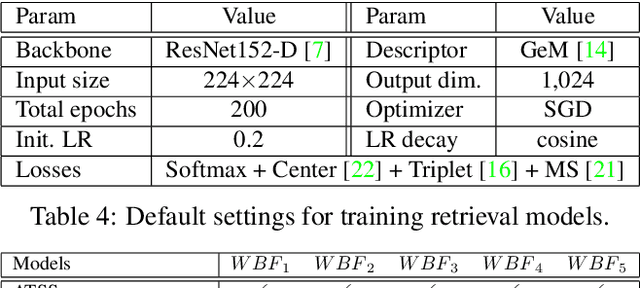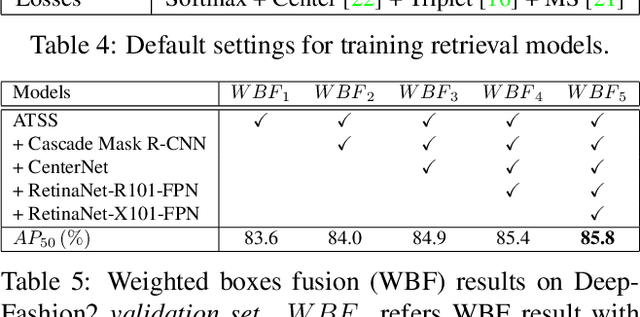Jingeun Lee
Towards Real-time and Light-weight Line Segment Detection
Jun 01, 2021



Abstract:Previous deep learning-based line segment detection (LSD) suffer from the immense model size and high computational cost for line prediction. This constrains them from real-time inference on computationally restricted environments. In this paper, we propose a real-time and light-weight line segment detector for resource-constrained environments named Mobile LSD (M-LSD). We design an extremely efficient LSD architecture by minimizing the backbone network and removing the typical multi-module process for line prediction in previous methods. To maintain competitive performance with such a light-weight network, we present novel training schemes: Segments of Line segment (SoL) augmentation and geometric learning scheme. SoL augmentation splits a line segment into multiple subparts, which are used to provide auxiliary line data during the training process. Moreover, the geometric learning scheme allows a model to capture additional geometry cues from matching loss, junction and line segmentation, length and degree regression. Compared with TP-LSD-Lite, previously the best real-time LSD method, our model (M-LSD-tiny) achieves competitive performance with 2.5% of model size and an increase of 130.5% in inference speed on GPU when evaluated with Wireframe and YorkUrban datasets. Furthermore, our model runs at 56.8 FPS and 48.6 FPS on Android and iPhone mobile devices, respectively. To the best of our knowledge, this is the first real-time deep LSD method available on mobile devices.
An Effective Pipeline for a Real-world Clothes Retrieval System
May 26, 2020



Abstract:In this paper, we propose an effective pipeline for clothes retrieval system which has sturdiness on large-scale real-world fashion data. Our proposed method consists of three components: detection, retrieval, and post-processing. We firstly conduct a detection task for precise retrieval on target clothes, then retrieve the corresponding items with the metric learning-based model. To improve the retrieval robustness against noise and misleading bounding boxes, we apply post-processing methods such as weighted boxes fusion and feature concatenation. With the proposed methodology, we achieved 2nd place in the DeepFashion2 Clothes Retrieval 2020 challenge.
 Add to Chrome
Add to Chrome Add to Firefox
Add to Firefox Add to Edge
Add to Edge